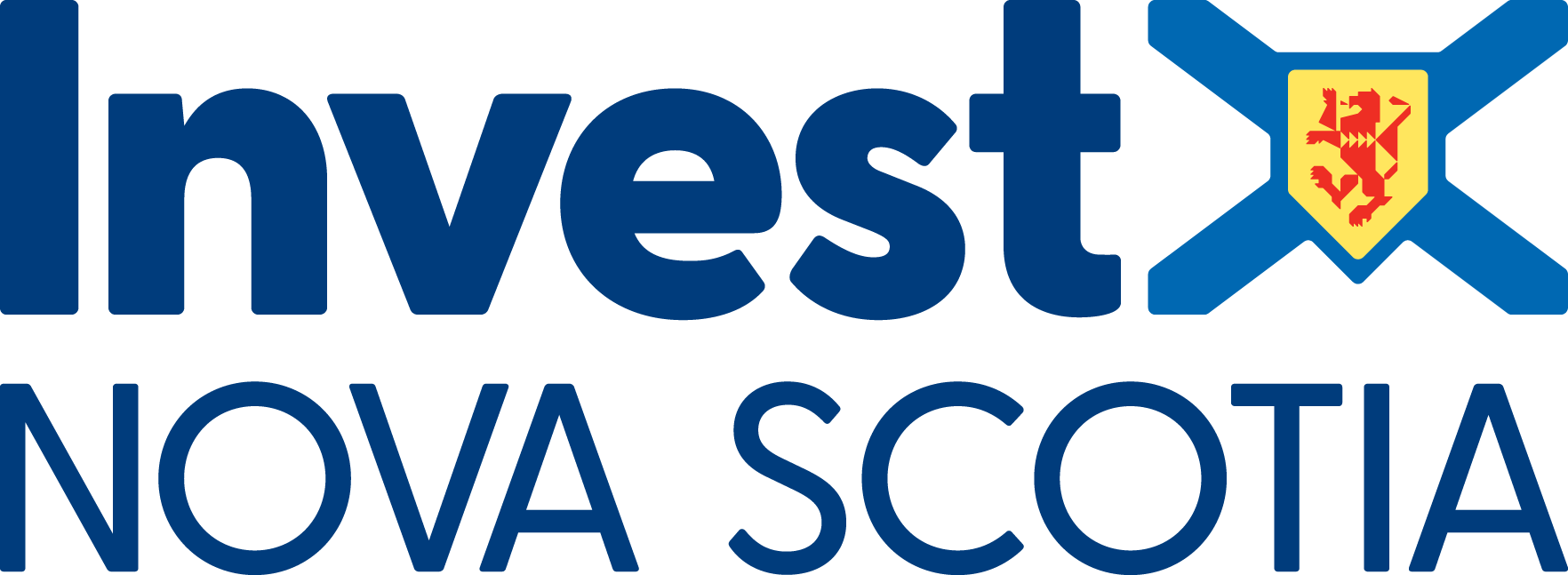The Chemicals Between Us: A Chat with Nivatha Balendra of Dispersa
Thursday, April 20, 2023
On the heels of Dispersa’s recent $1.5 million financing round (including $500,000 in venture capital from Invest Nova Scotia), we wanted to tell you more about this clean technology start-up growing in Nova Scotia.
From cosmetics to household cleaners, surfactants are the key ingredient in many products you use every day.
Unfortunately, most surfactants are synthetic and petroleum-based, relying on non-renewable fossil fuels for their production.
A clean technology company expanding operations in Nova Scotia is working to change that. Dispersa is developing completely natural alternatives to surfactants, with the ultimate goal of decarbonizing the chemical industry.
“I started Dispersa in my second year of undergraduate studies. I didn't have any formal corporate experience in business, but I had a passion for creating more sustainable, accessible and natural ingredients for consumer products, given my personal experience as a cancer survivor,” said company founder and CEO, Nivatha Balendra. “The whole team has been working hard these past three years to grow our biosurfactant technology to where it is today. We are now scaling production for our initial biosurfactant ingredient and it’s the first waste-derived biosurfactant on the market globally.”
Surfactants work by dispersing oil particles. The molecules envelop oil particles in a structure called micelles, breaking down and separating them for ease of removal. For example, surfactants make it possible for soap to mix into water, helping the soap remove dirt from the surface being cleaned. Surfactants can function as emulsifiers, wetting agents, detergents, foaming agents, or dispersants.
Dispersa’s biologically-based surfactants are biodegradable, economical, and versatile for use across multiple industries. Instead of relying on petroleum, the company’s products are naturally derived from the smallest organisms on the planet – microbes. Dispersa uses food waste sources as fuel for the microbes, transforming food waste into biosurfactants.
It’s incredibly fascinating that we have compounds produced by microbes that can't be seen with the human eye but can be used as an alternative to chemicals.
"Researching the world of biosurfactants for a school science fair project years ago, coupled with my desire to have more sustainable and affordable ingredients available to those who make our favourite products, gave me the determination to start Dispersa," said Nivatha.
After establishing their company in Quebec, the Dispersa team reached out to the Verschuren Centre in Cape Breton in early 2022 when they were ready to scale up operations. The company joined the AscendBio program, which helps build industrial biotech and agritech start-ups through the Verschuren Centre’s scientific and technical expertise and infrastructure, and Invest Nova Scotia’s sector expertise, business support and international networks.
“AscendBio and the Verschuren Centre have an immense wealth of shared knowledge and supportive resources for start-ups. Having the right partners who have industry experience and the resources is exactly what we were looking for,” said Nivatha. “We also received funding through Invest Nova Scotia’s GreenShoots program, which we're really grateful for. That was our first entry point into understanding the different stakeholders in Nova Scotia.”
What's next for Dispersa? With the financing raise behind them, the team plans to continue scaling their technology over the next year.
“We have our waste-derived biosurfactant performing successfully. We've engaged with clients in our pipeline with whom we already have revenue-generating agreements, and we have an incredible group of investors who are supporting us on the journey ahead,” said Nivatha. “By growing our efforts over the next year, our goal is to convert those clients in our pipeline into our first purchase orders.”
“We are thrilled to have expanded our production arm in Nova Scotia and look forward to scaling up Dispersa’s first ingredient towards commercialization here.”





